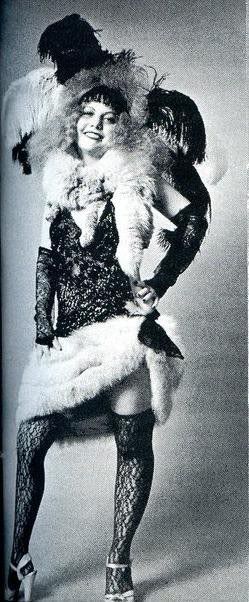


His notable production credits include Badfinger's Straight Up (1971), Grand Funk Railroad's We're an American Band (1973), the New York Dolls' New York Dolls (1973), Meat Loaf's Bat Out of Hell (1977) and XTC's Skylarking (1986). Additionally, he was one of the first acts to be prominent as both an artist and producer. Rundgren organized the first interactive television concert in 1978, designed the first color graphics tablet in 1980, and created the first interactive album, No World Order, in 1994. His 1973 album A Wizard, a True Star remains an influence on later generations of "bedroom" musicians. Although lesser known, "Couldn't I Just Tell You" (1972) was influential to many artists in the power pop genre.
#BEBE BUELL JEWISH MOVIE#
His best-known songs include "Hello It's Me" and "I Saw the Light" from Something/Anything? (1972), which get frequent air time on classic rock radio stations, and the 1983 single "Bang the Drum All Day", which is featured in many sports arenas, commercials, and movie trailers. Two years later, he left Nazz to pursue a solo career and immediately scored his first US top 40 hit with "We Gotta Get You a Woman" (1970).
#BEBE BUELL JEWISH PROFESSIONAL#
He also produced music videos, pioneered forms of multimedia, and was an early adopter and promoter of various computer technologies, such as using the Internet as a means of music distribution in the late 1990s.Ī native of Philadelphia, Rundgren began his professional career in the mid 1960s, forming the psychedelic band Nazz in 1967. He is known for his sophisticated and often-unorthodox music, flamboyant stage outfits, and his later experiments with interactive entertainment. The album features original songs alongside covers of Gang of Four’s I Love a Man in Uniform and Baby Baby by English punk rock band, the Vibrators.Todd Harry Rundgren (born June 22, 1948) is an American multi-instrumentalist, singer, songwriter, and record producer who has performed a diverse range of styles as a solo artist and as a member of the band Utopia. It was produced by Wallerstein and Stephen DeAcutis.


 0 kommentar(er)
0 kommentar(er)
